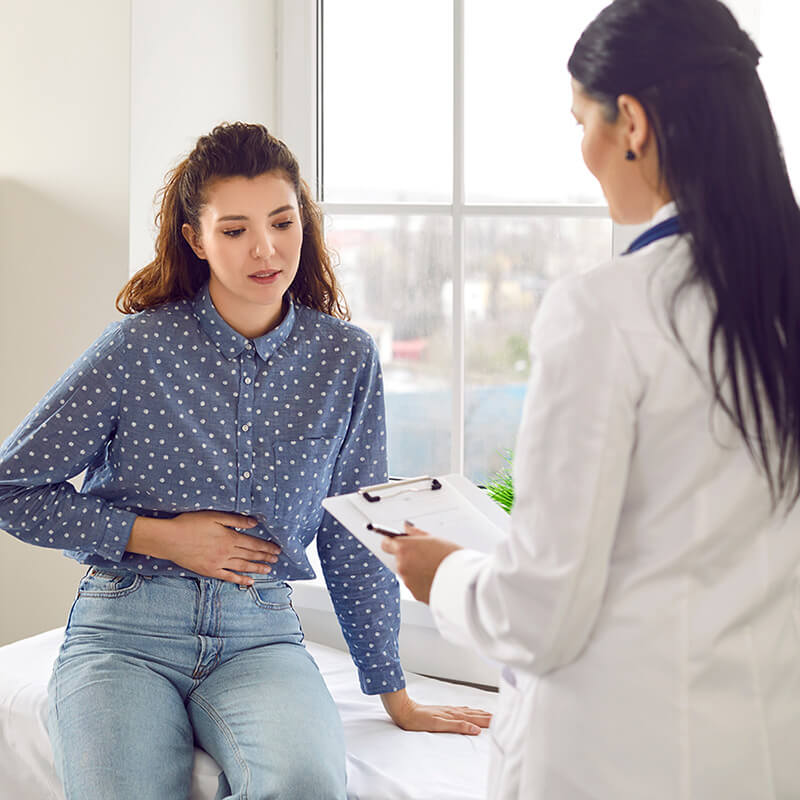
The two main reproductive functions of the ovaries are to produce the oocytes (eggs) for fertilization and secrete the hormones estrogen and progesterone. These two hormones are vital to normal reproductive development and fertility.
Is it normal for your ovaries to hurt?
Some women experience ovary pain and discomfort when ovulating, while others have no discomfort at all. Ovarian cysts, fluid-filled sacs that form in or on the ovaries, might be a cause for your ovary pain. Most cysts are small and don’t cause symptoms, but larger ones might cause pressure, bloating, swelling or pain in the lower abdomen in the ovary that contains the cyst. The pain may not be consistent and might vary in severity.
In most cases, ovarian cysts go away naturally on their own. Even small cysts that rupture usually cause little to no symptoms. In a few instances, however, ruptured cysts can cause more severe symptoms such as lower abdomen pain or bleeding. If you think you may have a ruptured cyst or are experiencing a lot of pain, it is important to keep track of your symptoms, and see your doctor as soon as possible.

What are polycystic ovaries?
Polycystic Ovarian Syndrome (PCOS) is another cyst-related health problem that affects 1 in 10 women of childbearing age. It is thought to be caused by an imbalance of reproductive hormones which creates a problem in the ovaries and can cause ovary pain. While the causes and symptoms can seem to widely vary, PCOS primarily can interfere with proper egg development and may prevent the release of the egg (ovulation).
Symptoms of PCOS can include:
- Irregular periods or no periods at all
- Acne
- Excess hair growth
- Elevated blood sugar
- Weight gain
- Thinning hair and hair loss from the head
Excess weight is another major factor linked to PCOS – both in treatment of symptoms and infertility. Women who are obese can experience a more difficult time becoming pregnant, especially if diagnosed with PCOS. It not only can affect preconception, but also pregnancy and delivery as well.
Obesity can cause:
- Reduced live birth rate
- Reduced fertilization rate
- Fewer eggs
- Higher rates of miscarriage
- Higher risk of birth defects
- Higher rates of C-section and complications from C-section
Even losing as little as 5 percent of excess weight can help women ovulate more regularly and lessen symptoms. Through regular diet and exercise, this is an achievable goal for many women. Some ways you can make changes to your diet today include balancing your carbohydrate and protein intake, increasing your iron intake, reducing caffeine intake, and adding fiber to your diet.
It’s important to remember that PCOS is common and treatable and women who are diagnosed with it can still get pregnant with the proper plan in place.
